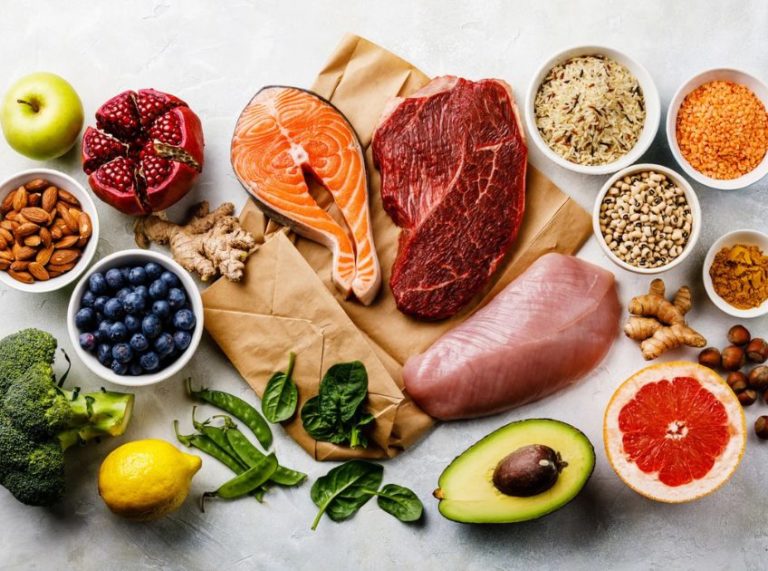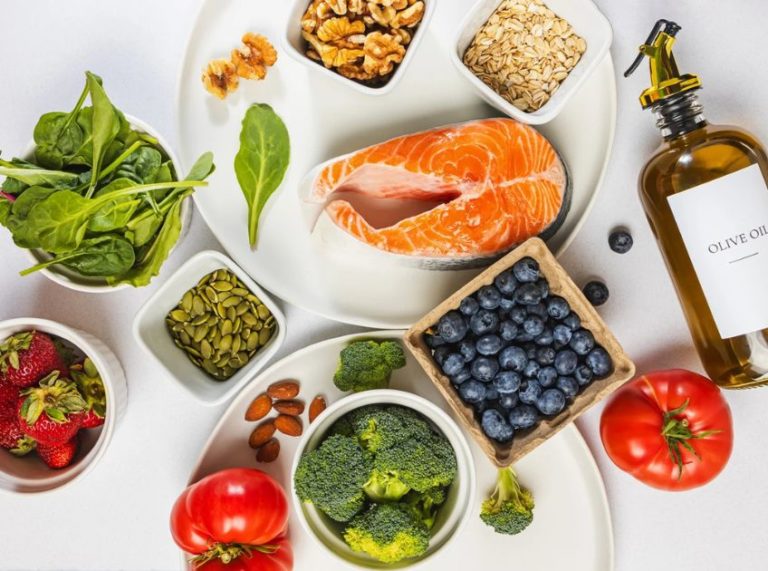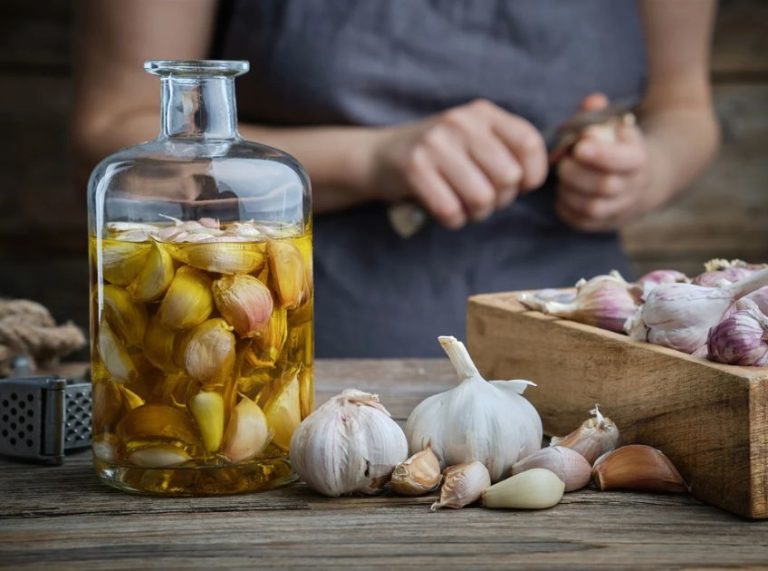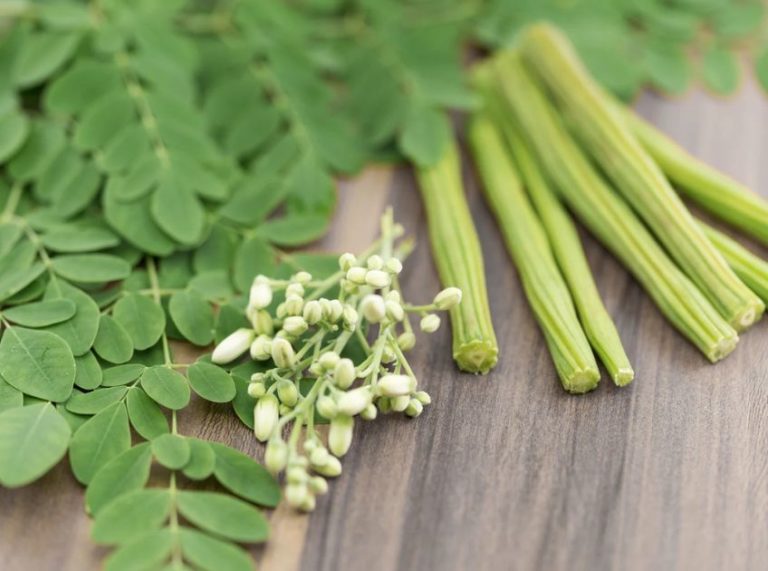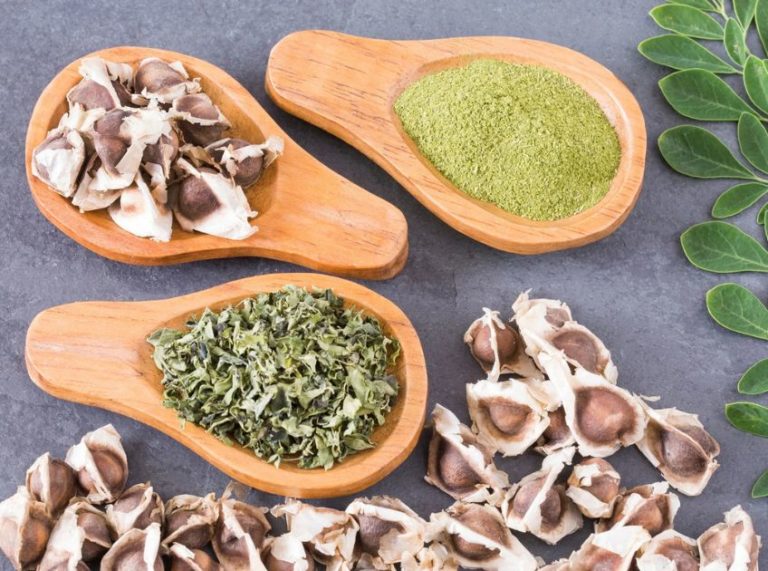
Important: This article is for informational purposes only. Please read our full disclaimer for more details.
Belonging to the Brassica genus, Brussels sprouts are one of the common vegetables that can be eaten cooked as well as raw. It’s a small, sphere-shaped vegetable that grows on the stalk.
If you have always eaten it cooked and now wonder, can you eat Brussels sprouts raw, the answer is a big YES.
The crunch and slightly bitter texture of Brussels sprouts make them an excellent vegetable that can be just chopped and eaten raw in a salad. However, if you are still in a dilemma, keep reading to find out how safe it is to eat raw Brussels sprouts, what its nutrient value is, and how to prepare it raw for consumption.
Eating Brussels Sprouts Raw
There are certain vegetables that need to be consumed only after cooking. It is because they contain compounds called antinutrients that prevent the absorption of minerals. However, once cooked, these antinutrients diminish, allowing the body to absorb the nutrients that come along with that vegetable consumption.
It can be understood with the example of spinach.
Spinach is a green, leafy vegetable that is rich in iron. However, it also contains a compound (antinutrient) called oxalate (1). So, when you consume raw spinach, oxalate blocks the absorption of minerals like iron, zinc, and calcium in the body. Likewise, it happens when you consume raw soybeans that contain phytates (2).
However, cooking reduces the antinutrients of the vegetable (3).
Do Brussels Sprouts Also Contain Antinutrients?
No, the good thing about Brussels sprouts is it doesn’t contain the common antinutrients like oxalate or phytates. However, it contains a particular compound called glucosinolates, which has been found to reduce iodine absorption (4).
So, if you consume raw Brussels sprouts, there is a chance that the body will have a deficiency of iodine. It is the cause of goiter, an abnormally large thyroid gland.
So, if you have an existing thyroid condition, it is better to avoid the consumption of raw Brussels sprouts. Those who don’t have any such medical condition can eat them raw or cooked as a part of a balanced diet.
In fact, when taken in moderation, the glucosinolates in Brussels sprouts can offer many health benefits. It has anticancer properties (5).
Thus, one can eat Brussels sprouts raw as they don’t have anti nutrients but glucosinolates. However, if you are still skeptical, just boil the leaves, which reduces the amount of glucosinolates. If you steam it with the intention to remove the compound, it will be of no use.
Are There Any Side Effects Of Eating Raw Brussels Sprouts?
Here are a few side effects that some people may witness after eating raw Brussels sprouts-
- Bitter flavor in the mouth
- Increased gas due to the presence of indigestible fiber called raffinose
- Discomforting if you have irritable bowel syndrome (IBS)
Does The Nutrient Value Change After Cooking Brussels Sprouts?
Yes, just like any other vegetable, Brussels sprouts may undergo a slight nutrient change when cooked. For instance, fat-soluble vitamins, vitamins E and K, will increase after cooking, but the level of water-soluble vitamins, Vitamin C, will decrease.
How To Prepare Raw Brussels Sprouts?
As the nutritional value of Brussels sprouts is good, it is often used as a vegetable. However, owing to its bitter taste, it is usually disliked by children.
But you can make it palatable by the way you use it in preparing different dishes. Here are some easy ways to include raw Brussels sprouts in the diet-
- Salad: Make thin slices of Brussels sprouts and add them to a salad that contains other leafy greens and raw veggies like radishes and tomatoes. Sprinkle seasoning and enjoy the healthy salad.
- Sandwich: Cut Brussels sprouts into thin slices and layer them in your sandwich. It will add a nice crunch to the sandwich and make it nutritious, too.
- Coleslaw: Shred raw Brussels sprouts and mix them with different flavors of oil, vinegar, honey, garlic, and mustard. Add almonds and dried cranberries to enjoy a heartful meal.
Besides these raw forms, Brussels sprouts can also be steamed, sauteed, roasted, or boiled to bring it to the platter. To make them more delicious, add a tang of lemon, and you are all good to enjoy it as a side dish.
One of the nutritious vegetables from the cruciferous family, Brussels sprouts, can be eaten cooked and raw. While cooked Brussels sprouts are easy on every stomach, raw can be enjoyed by those who don’t have any existing thyroid problems like hypothyroidism.
Such people can consume it after boiling to reduce the content of glucosinolates. Other ways of cooking include steaming, sautéing, or roasting. The crunch obtained when eaten raw as salad, in a sandwich, or in coleslaw is also wholesome.
Irrespective of the way you prefer Brussels sprouts, make sure to include them in your diet as a side dish to obtain the most nutrients and stay healthy.
Related Articles
- Top 10 Foods High in Soluble Fiber
- 10 Foods That Are High in Riboflavin
- Can You Eat Raw Asparagus?
- Is It Safe To Eat Pumpkin Seed Shells?
- Top 40 Fiber Rich Foods You Should be Eating Everyday
- Top 10 Foods High in Omega-7
- Is Eating Broccoli Everyday Good for You
- Zero Calorie Foods – 26 Fruits & Vegetables to Lose Weight
- 15 Foods That Helps to Relieve Constipation in Your Kids
- Top 10 Foods High in Glycine
- 25 Super Foods That Will Make Your Butt Bigger
- 20 Powerful Uses & Benefits of Black Chickpeas You Should Know About



